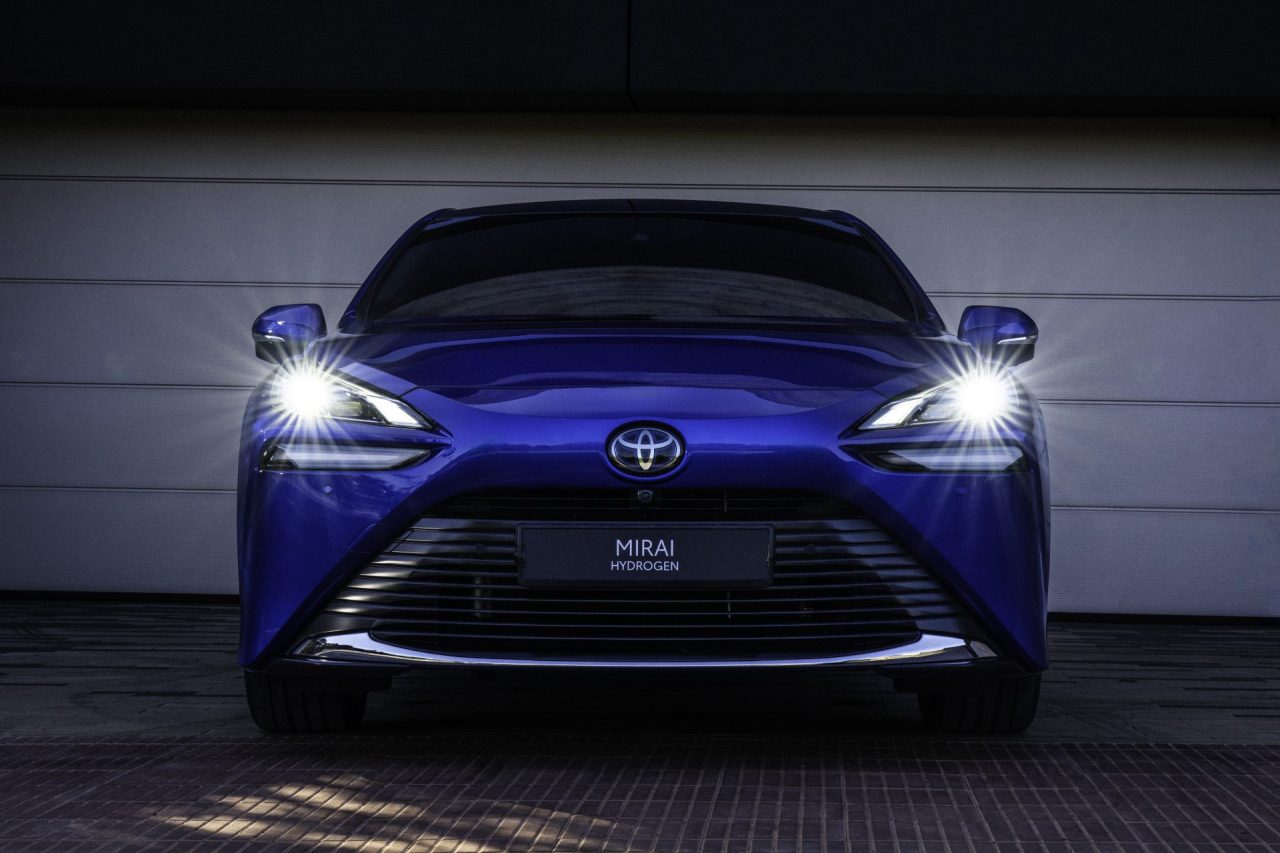Toyota Unveils Third-Generation Hydrogen Fuel Cell System with Improved Durability and Efficiency
Key Ideas
- Toyota's new hydrogen fuel cell system offers increased durability, efficiency, and reduced production costs, anticipating a future where hydrogen technology will be prominent.
- The third-generation system boasts double the durability and 1.2 times higher efficiency compared to the current generation, with enhanced design and production processes.
- The compact design of the new system will allow for easier integration into various vehicles, offering greater autonomy in passenger cars and competitiveness in the commercial vehicle sector.
- Toyota plans to launch this system in 2026 across multiple markets, including Japan, Europe, North America, and China, with collaborations with other manufacturers like BMW.
Toyota has introduced its latest third-generation hydrogen fuel cell system, showcasing advancements in durability, efficiency, and cost reduction. Despite the slow adoption of hydrogen technology, Toyota remains committed to its potential and believes in its forthcoming success. The improved system, set to be released in 2026, promises double the durability and 1.2 times higher efficiency compared to its predecessor. While specific cost reduction details are undisclosed, the focus on innovative cell design and production processes has significantly lowered production costs.
The upcoming system is designed for a wide range of applications, including passenger cars, commercial vehicles, trains, and ships. By enhancing its compact design, Toyota aims to facilitate easier integration into various vehicles, providing greater autonomy for passenger cars and enabling competitiveness in the commercial vehicle sector compared to diesel-powered models.
Although specific performance data is yet to be disclosed, Toyota plans to unveil its third-generation hydrogen fuel cell propulsion system at the H2 & FC EXPO in Tokyo. This launch event may offer more insights into the new system's capabilities. Toyota envisions collaboration with other manufacturers to incorporate this system into products, with potential partners like BMW. The company's strategic approach demonstrates a positive sentiment towards hydrogen technology's future prospects as it continues to innovate in the transportation industry.
Topics
Power
Innovation
Fuel Cell Technology
Transportation Industry
Commercial Vehicles
Toyota
Collaboration Agreements
Latest News
